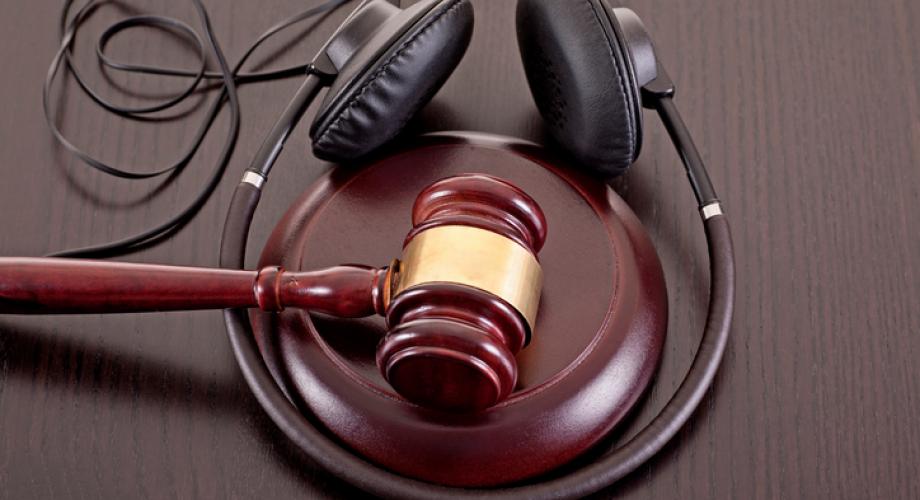Policymakers on and off Capitol Hill have been looking at music licensing and copyright issues, which are of importance to property operations throughout the multifamily industry. In recent weeks, both the House and Senate have acted to address the outdated and inadequate music licensing rules that impact musicians, songwriters “and end users” or consumers of music (like apartment communities and other consumer-facing businesses).
In late April, the House of Representatives passed the Music Modernization Act (MMA), a wide-ranging legislative package that would create a blanket licensing system for music streaming services and provides compensation to artists, songwriters, engineers and others. A similar package was recently introduced in the Senate and was the subject of a hearing in the Senate Judiciary Committee on May 15. Given the broad support for the proposals across the music industry and the bipartisan work done to date, Senate passage and final enactment of the MMA is expected.
While laudable for its scope in addressing many inequities in the music copyright and licensing system, the MMA does not directly address the concerns of the multifamily industry and other businesses impacted by a complex licensing system. For example, subject to certain exceptions and individual circumstances, copyright law may require a license for the right to “perform” or play copyright-protected music in public places, which can include lobbies and other common areas in apartment communities. For more information on how to navigate the music licensing space, apartment firms are encouraged to review NAA/NMHC issued guidance.
The legislative activity in this space comes as the Department of Justice (DOJ) continues its review of consent decrees governing two performance rights organizations (PROs), the American Society of Composers, Authors and Publishers (ASCAP) and Broadcast Music, Inc. (BMI). The aim of the DOJ is to determine if these consent decrees, which were structured to promote pro-consumer access to music, are still relevant to the marketplace. Some argue that any removal of these consent decrees could cause chaos in the licensing space and negatively impact consumers of music. NAA/NMHC is monitoring the developments at DOJ closely.
NAA/NMHC will continue to advocate for further music licensing and copyright reforms that improve efficiency, transparency and reduce burdens for apartment communities caused by a duplicative licensing administration system.
